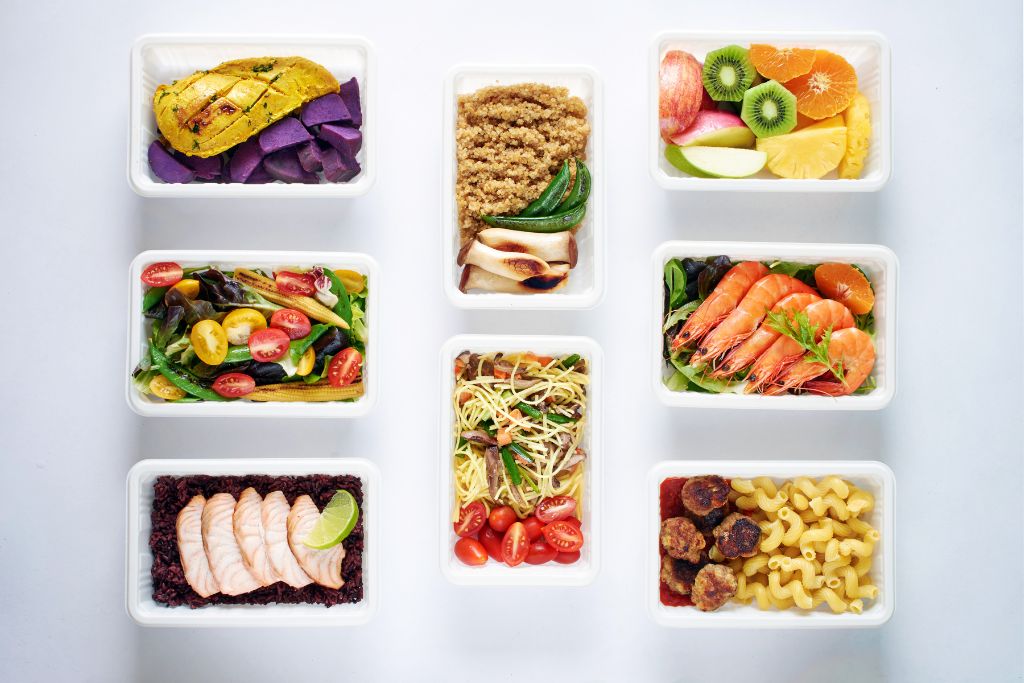
consuming sustainably involves consuming foods that are good for your health. It lessens the severity of acid rain, starvation, the loss of biodiversity, and the depletion of soil nutrients. The majority of greenhouse gas emissions associated with food come from the preparation of meat and dairy products. Eat less and increase your consumption of proteins derived from plants to lower your carbon footprint.
Plan It
Planning weekly meals is essential to eating sustainably. This reduces your grocery bill and eliminates food waste at home. Bring washable reusable containers to the bulk section. This will reduce plastic, metal, and energy-intensive packaging waste.
Plant-based, vegan, Mediterranean, flexitarian, and climatarian diets are some sustainable choices. These diets reduce or eliminate water-scarce, greenhouse gas, and land-clearing foods to reduce a person’s environmental footprint.

Avoid meat and consume legumes, grains, fruits, and vegetables. Economic, social, planetary, and nutritional sustainability will result. To prevent heart disease and high blood pressure, this promotes a healthier diet.
Eat Seasonally
Seasonal eating reduces footprint. Growing vegetables out of season requires artificial settings, which emit more carbon than eating locally grown products.
Local food also reduces shipping costs and keeps money in the community, benefiting both you and your farmer!

Avoiding meat and dairy helps reduce your footprint because most greenhouse gas emissions from food come from farming. Swapping a few meat-based meals per week for plant-based ones will help.
Grow herbs and vegetables in your yard! It’s sweet and fulfilling. Try local farmers’ markets or CSAs. Local options are labelled in certain grocery stores, or you may ask the staff!
Avoid Overpackaging
Our food goes to landfills, wasting money, resources, and nutrients. Shopping differently can make a big difference. Buy bulk goods in recyclable packaging.
Eating sustainably means avoiding beef and cheese. These foods release greenhouse gases and deforest land. Eating regeneratively raised meat or whole grains reduces your footprint.

Buy recyclable glass, metal, and paper food packaging. Reusable supermarket bags reduce plastic waste too. Buying bruised or unsightly produce and using leftovers reduces food waste. It takes planning but saves money and resources. We help the planet and ourselves by eating healthily.
Reduce Meat
Methane from ruminant animals like cows and sheep contributes to climate change. Vegetarian or low-meat diets diminish foodprints.
Local food can reduce carbon footprint and isn’t necessarily organic. However, food waste—particularly meat, dairy, and produce—must be reduced. Join a local composting program and use reusable grocery bags.

Instead of meat, sustainable eaters should eat more vegetables, legumes, whole grains, nuts, and seeds. This reduces demand for animal agriculture, which entails extensive animal slaughter and puts low-wage labourers in some of the worst working conditions. Plant-based diets are also healthier.
“The Ultimate Guide to Grilling – Tips and Tricks for Perfect Summer BBQ” is crucial as we examine sustainable eating and its environmental impact. Sustainable eating includes food and cooking practices. By utilizing sustainable charcoal and decreasing trash, we can reduce our footprint and help the environment. The grilling book offers advice for a wonderful summer BBQ and promotes sustainable eating. Let’s barbecue sustainably while enjoying excellent food.

